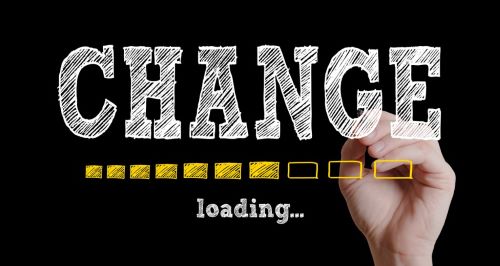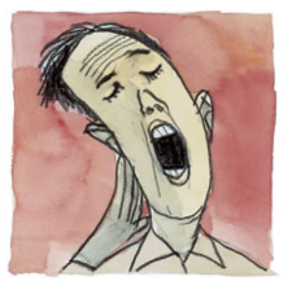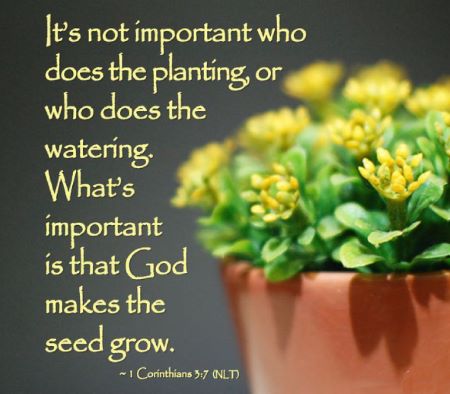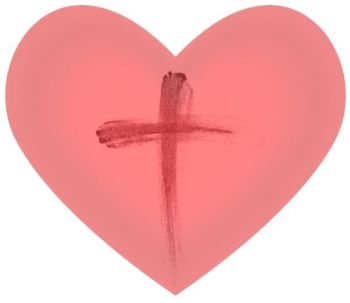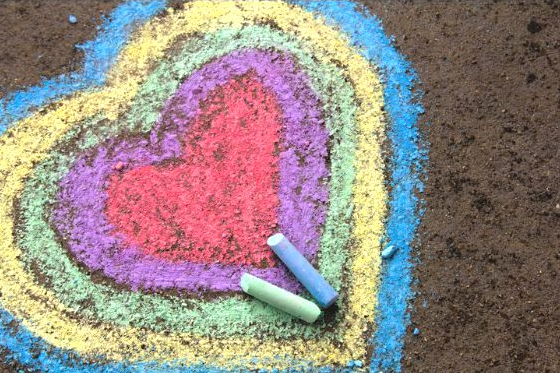
Known & Loved
My Lord,
My sins are like
The highest mountain;
My good deeds
Are very few,
They’re like a small pebble.
I turn to You,
My heart full of shame,
My eyes full of tears.
Bestow Your
Forgiveness and Mercy
Upon me.
~ from Supplication by Sami Yusuf
Lent assaults our mistaken sense of ourselves. It challenges the notion that we’re capable and self-sufficient; that we can (or must) handle it all. Lent invites us to consider our brokenness, our separation from God, and our sinfulness.
We’re good at minimizing all of that. We’re good at explaining away the dark things we do. Good at excusing the things we do, when we wouldn’t want our children to know we’ve done them. Or our church community. We are good, sometimes, at forgiving ourselves too easily or too quickly.
Oh yes, there are times when we need to. There are times when our mental and emotional health necessitates us not beating ourselves up. We need to have healthy self-esteem. Healthy humility through which we know our strengths, and also our weaknesses. We need to feel good about ourselves, lest we slide into depression and despair, unable to function or be productive; and in the extreme, unable to be in community.
Therapist John Bradshaw defines guilt as the feeling that we’ve done something wrong; and shame as the feeling that we’ve exceeded our humanity and have wandered into God’s realm. But when we embrace our full and broken humanity, we are freed from the responsibility of trying to act like God. That can feel like a huge weight being lifted up off our shoulders. It can feel like being human.
But we’re near experts sometimes at rationalizing what we do even when the still small voice within us cautions us against it. I once saw a child in Horrocks take some cookies from a bulk cookie bin and eat them. He was eating them as he walked over to his father, who saw him eating them. And as far as I could tell, his father said nothing, and didn’t respond as though anything odd had happened. I don’t know what the store’s policy is about this kind of thing, if they have one; but this was stealing. Eating something before weighing and paying for it. On the one hand, there are things that are far worse; but when we collectively do and say nothing in response to this kind of behavior, all we’re really doing is enabling it.
Now we can’t be policewomen and men for the world. We need to take the log out of our own eyes before we can see the splinters in the eyes of our sisters and brothers; but to the degree that there is no corporate accountability, there can also be no community. The two are related.
When I chose to convert to Christianity, I was mindful of a change in my being. I had grown up feeling alone and ultimately responsible. Things felt all up to me; sink or swim, succeed or fail, it was all up to me. My shoulders weren’t broad enough for all the things I had to carry. But when I accepted the love of God in Christ Jesus, my shoulders began to more easily bear what was human to bear.
And in our full and broken humanity, we’re just the way God made us and just the way God loves us. We are naked before God; and even seeing all our flaws and imperfections, God could not love us more. But perhaps this love becomes overshadowed with our flaws and imperfections, because we have let the yardstick of the world measure us, and have ignored God’s yardstick.
This Lent, let’s find the wonder and joy and humility in the limits of our humanity, knowing that God loves us so much, just the way we are, that God doesn’t just meet us where we are, but met us more than half way, in Christ Jesus.
Mike+



